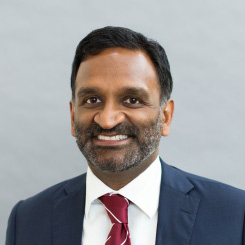This August 3 Wall Street Journal article is based on a Legatum Institute survey comparing Indian and Chinese entrepreneurship and raises important issues about the roles of the state and the family in promoting entrepreneurship.
The common elements between Indian and Chinese wealth-creators are their optimistic view of the future, compared to Americans (“Why I’m Not Hiring”) and Europeans (“Everything’s Fine With Greece, Just Ignore Some Facts”) presumably, and their lack of concern about the impact of the global financial crises on their businesses.
But Indians and Chinese differ widely on why they become entrepreneurs in the first place, where they look for capital, and whether they look to the state to support and encourage them. As the article’s subtitle puts it, “Indians believe they succeed despite the state. The Chinese say they succeed because of it.”
I draw two conclusions from the study: Those who favor freedom, creativity and self-employment seek limited government, while those who seek greater wealth for its own sake are seemingly indifferent about the size and scope of government. And greater trust in the family seems to go along with less trust of the state.
It follows that friends of freedom and the family ought to favor the Indian to the Chinese version of entrepreneurship.

